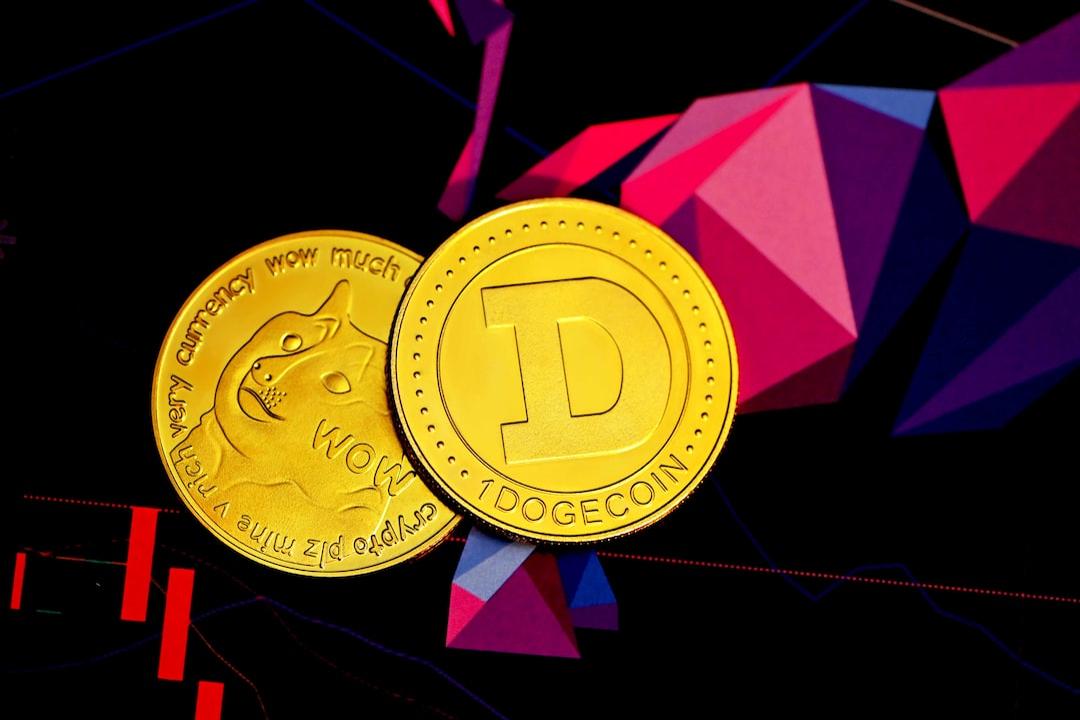The Financial Services Agency (FSA), Japan’s main financial regulator, has proposed a series of measures to protect users from illegal transfers to cryptocurrency exchanges. One of these measures could have a significant impact on the peer-to-peer (P2P) transactions market. The FSA suggests that transfers to crypto-asset exchange service providers should be halted if the sender’s name differs from the account name. Currently, the FSA’s request is only a recommendation and does not impose specific requirements. The response of banks to these recommendations and whether they will disrupt the P2P market remains uncertain.
South Korea’s Financial Intelligence Unit (FIU) has also announced increased scrutiny of cryptocurrencies. As part of its 2024 work plan, the agency will implement a preemptive trading suspension system for suspicious transactions on platforms operating in South Korea. This system will freeze transactions even during the pre-investigation phase. Additionally, the FIU plans to strengthen its crypto team in 2024 by providing education and training, as well as launching a virtual asset analysis system to track and analyze virtual asset transaction details and complex movement paths.
In Europe, the Internal Market and Civil Liberties Committees of the European Parliament have approved the AI Act regulations. The act aims to establish guidelines for artificial intelligence (AI) in various industries, including banking, automotive, electronics, aviation, security, and law enforcement. The regulations will cover foundational models or generative AI trained on extensive data sets, such as OpenAI’s ChatGPT. The AI Act seeks to create safeguards, including copyright protection for creators, and prohibit AI applications that threaten citizens’ rights, such as biometric categorization and social scoring.
The Governor of Bangko Sentral ng Pilipinas (BSP), Eli Remolona, has announced the central bank’s intention to launch a wholesale central bank digital currency (CBDC) within the next few years. Remolona explained that the BSP will not use blockchain technology for the CBDC, citing the examples of Sweden and China, which are developing CBDCs as a digital complement to cash and rival cryptocurrencies. He believes that the Philippines can replicate their experience, and the CBDC is expected to be launched during his term as governor, possibly within the next two years.
Meanwhile, the National Banking and Securities Commission of Honduras has issued a resolution prohibiting the country’s financial institutions from handling cryptocurrencies. The resolution states that users of cryptocurrencies and blockchain-based financial services may be exposed to fraud and various risks. It also highlights the potential for crypto assets to be used for illegal activities such as money laundering and financing terrorism. The resolution further prohibits supervised institutions from holding derivative instruments based on crypto assets.


